#currently reading
Text
Them: So, what do you like to do for fun!? 🤷🏾♀️
Me:
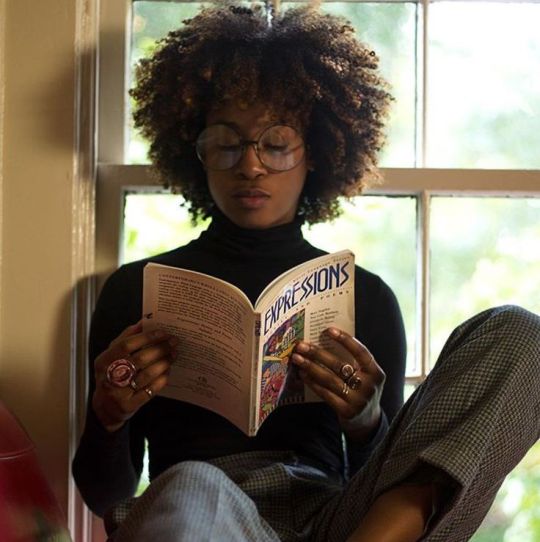

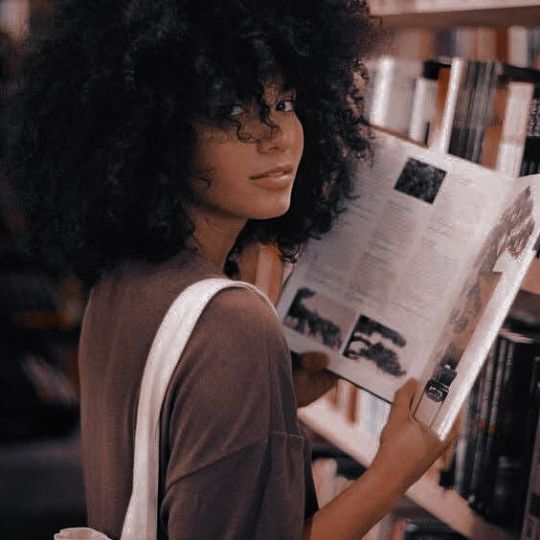



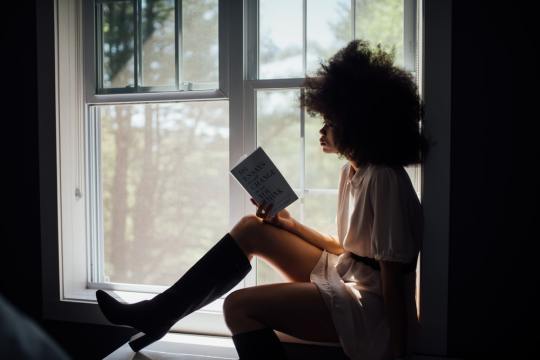
#black women#black women aesthetic#black woman beauty#books and reading#reading#readers#current mood#currently reading#bookworm#books#book lover#book addict#book reading#read books#read more#black girl aesthetic#black girl moodboard#black girl magic#reading is sexy#booklover#reading community#reading books#am reading#feminine reader#enlightenyourself#open your mind#mindfulness#educated black women#educate yourselves#know thyself
91 notes
·
View notes
Text
I loved her against reason, against promise, against peace, against hope, against happiness, against all discouragement that could be.
- GREAT EXPECTATIONS, Charles Dickens
#booklr#quotes#dark academia#books and reading#bookstagram#books#books & libraries#pillow thoughts#poetry#love quotes#dark romanticism#dark romance#romance books#enemies to lovers#lovers#love#bookblr#books and libraries#currently reading#reading#fantasy#classic#literature
41 notes
·
View notes
Text
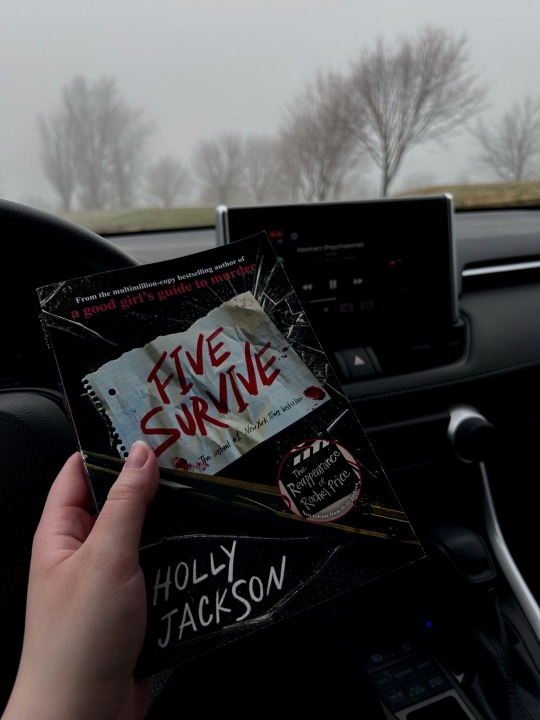
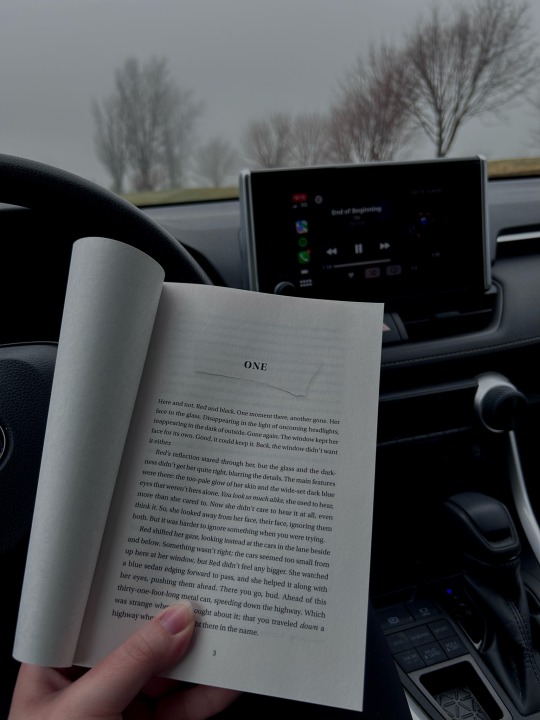

What better way to spend a gloomy, foggy day than curling up in my car and starting a thriller from one of my favourite authors?
Book: Holly Jackson, Five Survive
#currently reading#book tumblr#bookblog#book lovers#book worm#book reading#books#books and reading#book#bookblr#holly jackson#five survive#bookish#booklr#books to read#thriller#young adult#reading#cozy#bibliophile
27 notes
·
View notes
Text
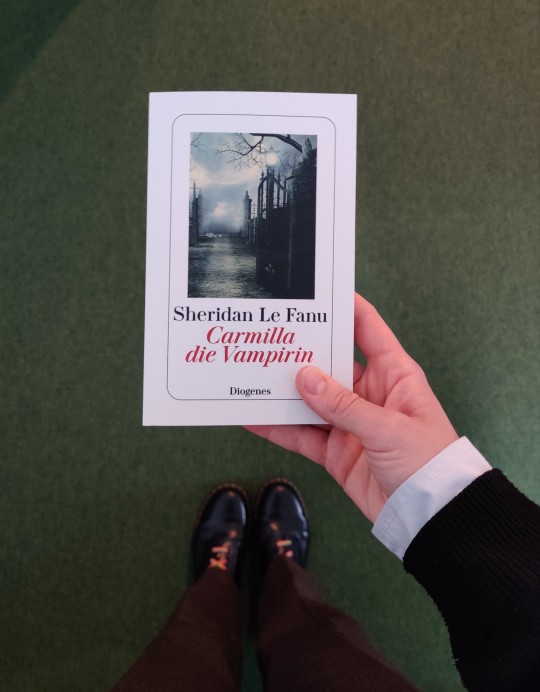
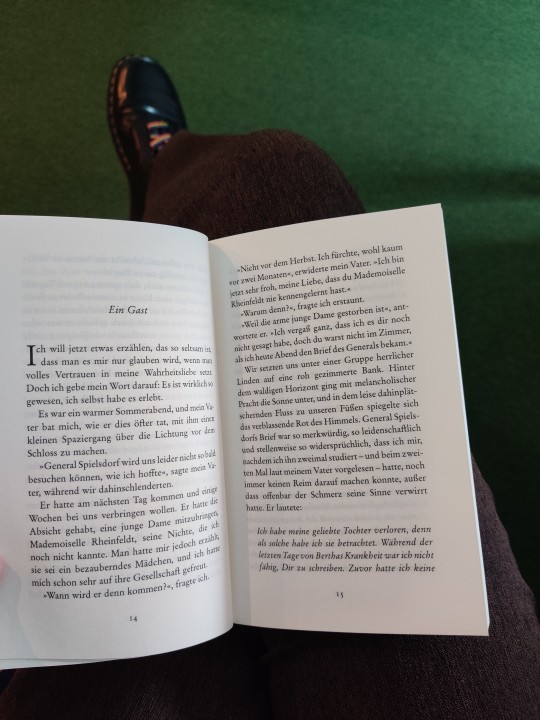
Lunch break in the library 📖
21 notes
·
View notes
Text
I’m so sorry but in the nicest way possible do yall actually read books or just read words??? Cause I’ve been seeing that trend of people not understanding how “snarled” and “eyes darkened” and “eyes softened” etc. was used in a book and like…
Genuinely, do yall just not have imagination?? Or not understand figurative language??? Also eyes do literally darken and soften have you not lived a life??? How do you read with no imagination? Is this how you get through so many books in one month - you simply don’t take the time the understand the words as they are read?
#funny#funny post#booknerd#books and reading#book blog#booklover#booksbooksbooks#booklr#bookworm#booktok#book tumblr#bookish#bookblr#reading#currently reading#books
36K notes
·
View notes
Text
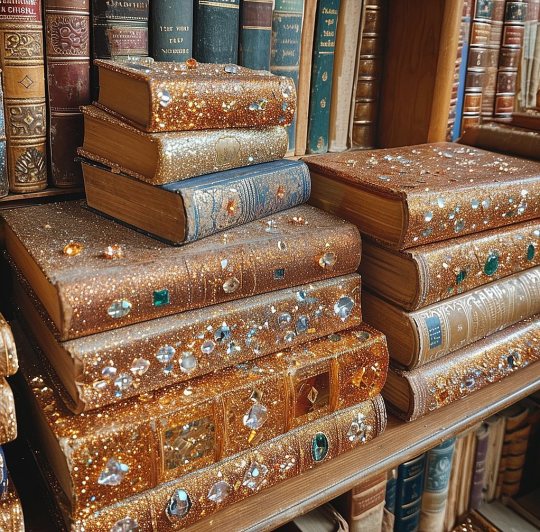
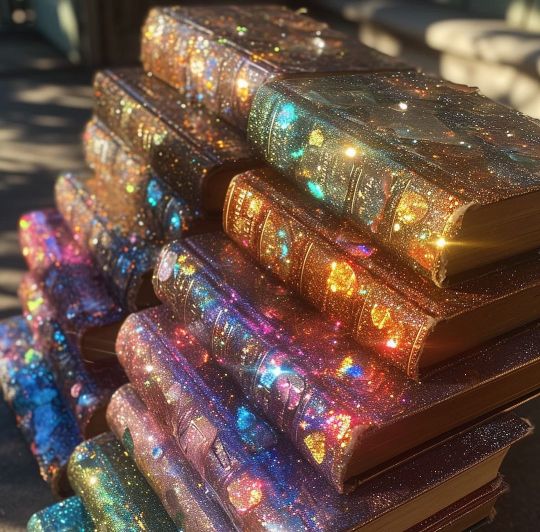
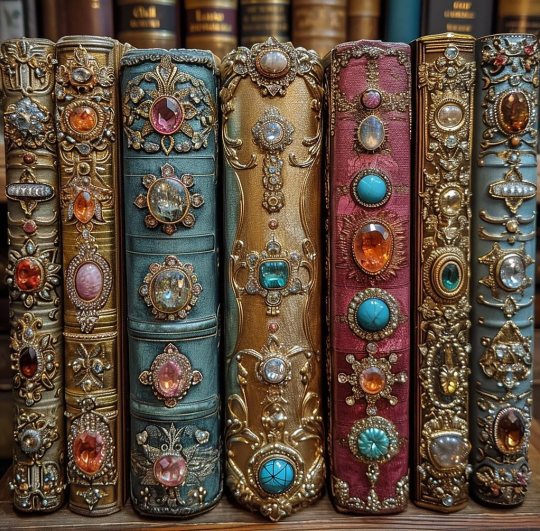
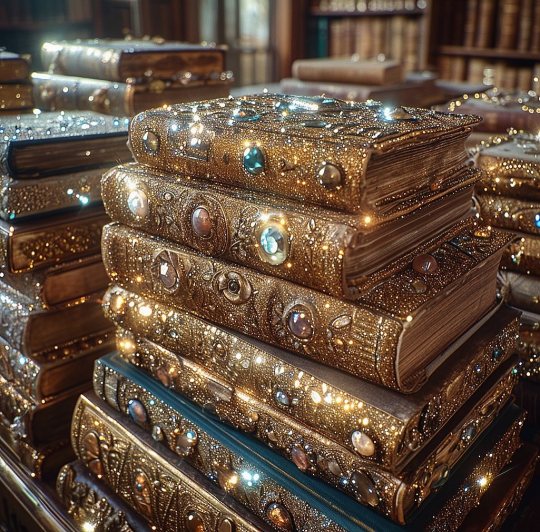
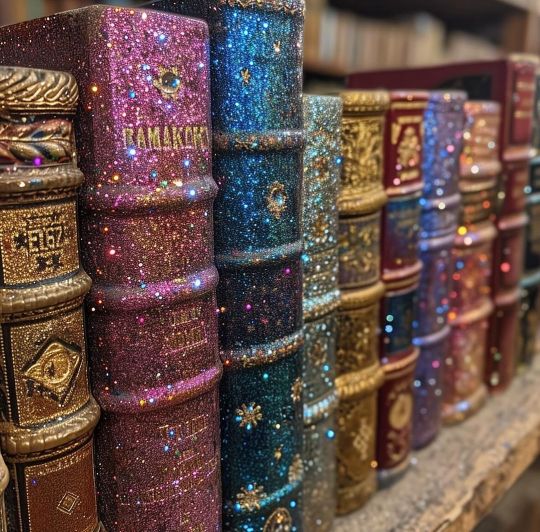
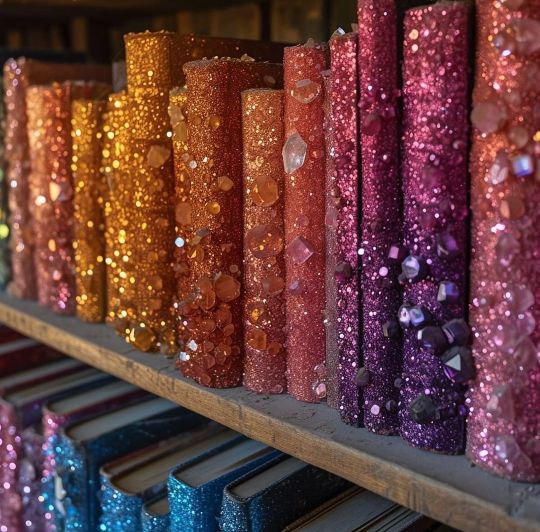
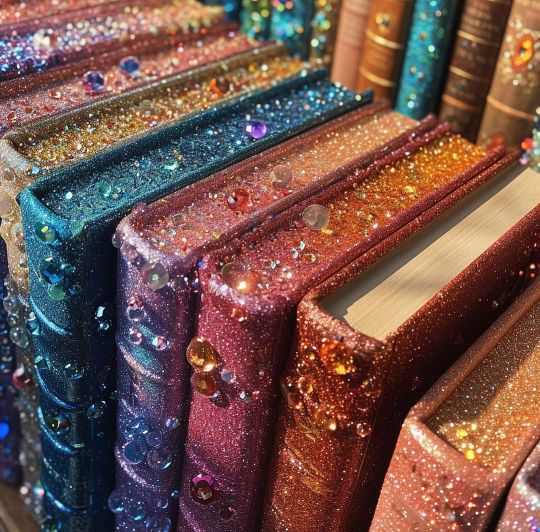
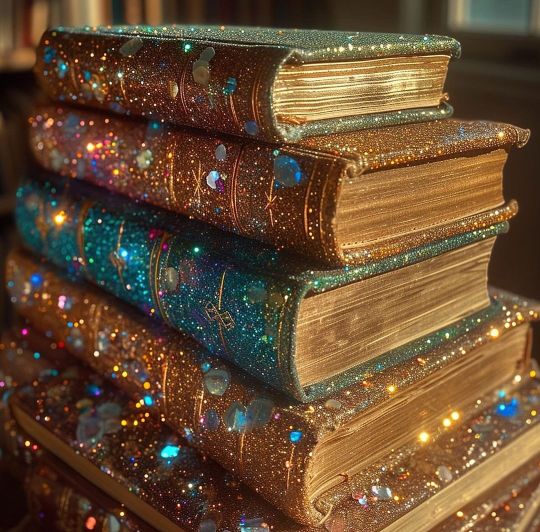
#alıntı#kitap#reading#landsccape#booklover#books#culture#home lifestyle#books and libraries#literature#photography#writing#currently reading#ctiy#travel#landscape#vintage#history#arte#arhitecture#trees#view#scenery#bookworm#romance quotes#edebiyat#studyblr#studyspo#tumblarians#spilled thoughts
14K notes
·
View notes
Text
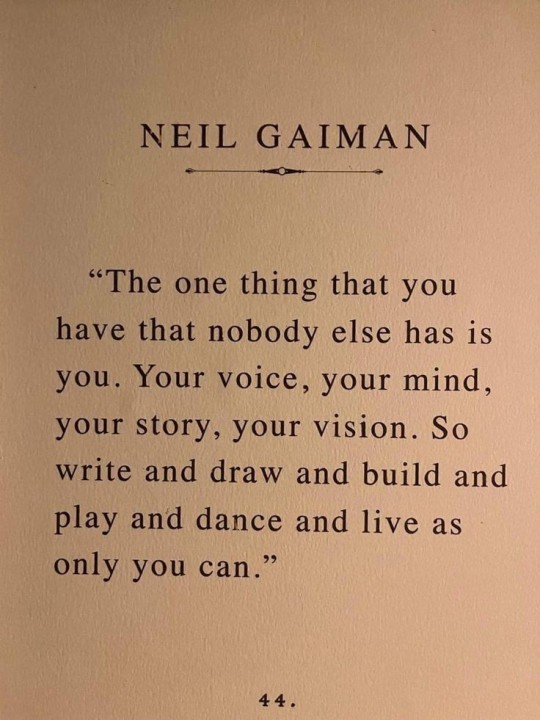
#neil gaiman#life quotes#quotations#quotes#literature#words#quoteoftheday#pointer#photograph#photography#reading#booklr#books#currently reading#bookworm#books and reading#new books#notes#astro notes#studyblr#study#productivity#motivational#motivation#get motivated#life lessons#mindset#inspirational
16K notes
·
View notes
Text
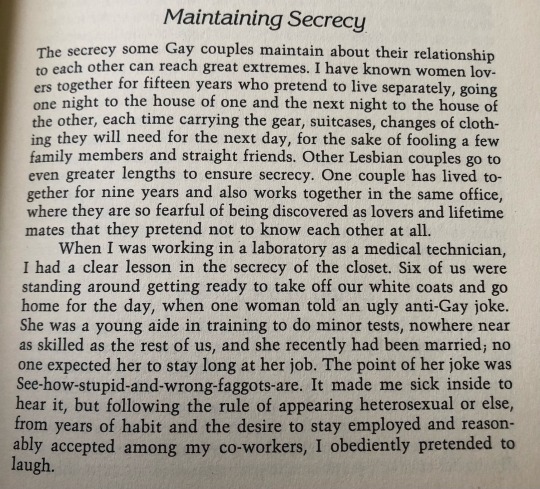

judy grahn, from another mother tongue: gay words, gay worlds, 1984
18K notes
·
View notes
Text

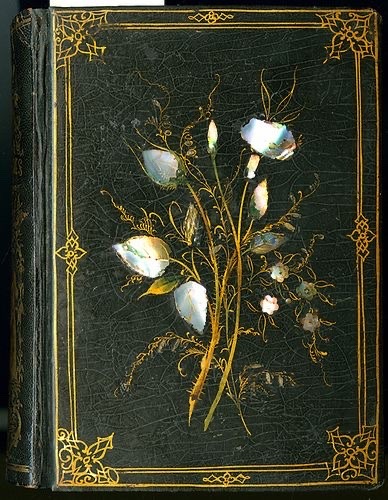
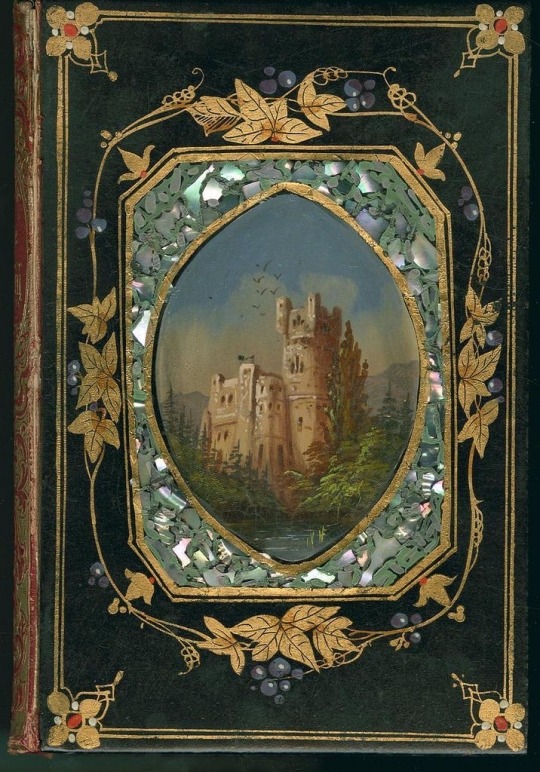
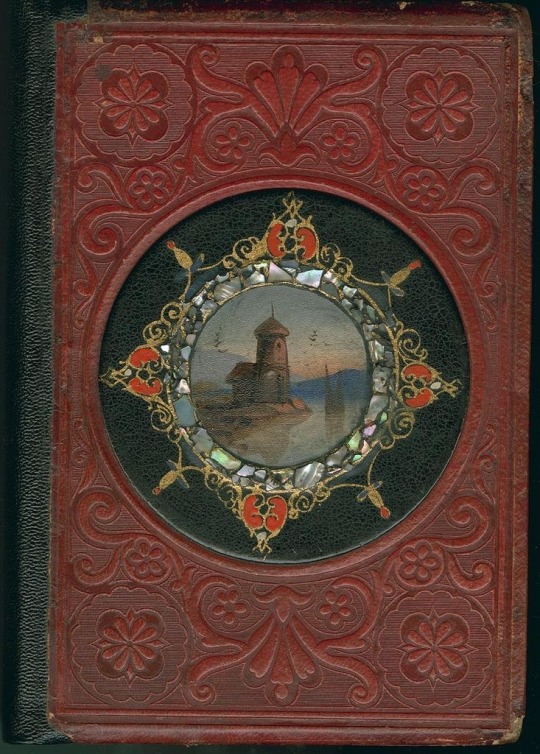
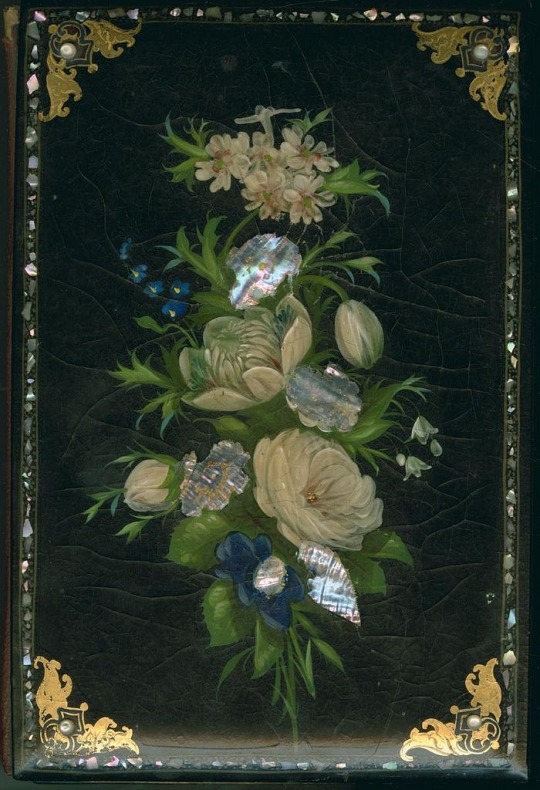
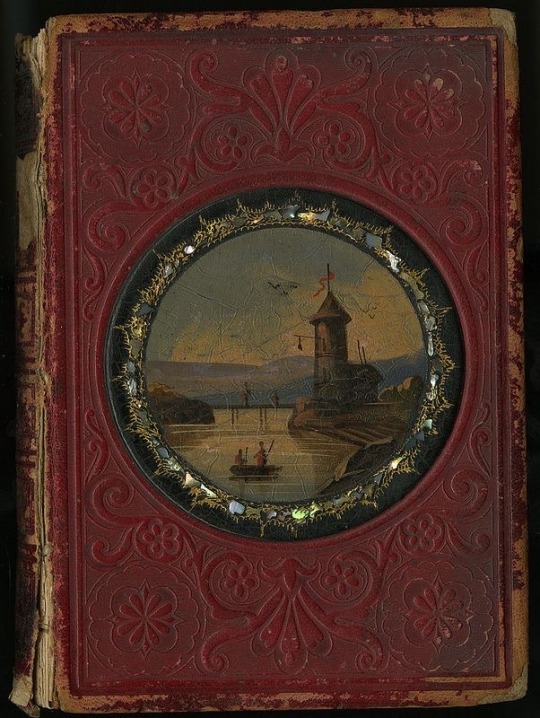
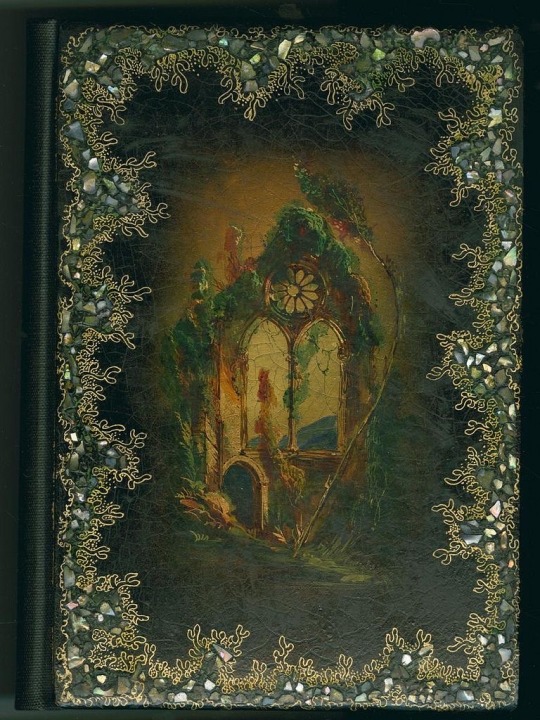
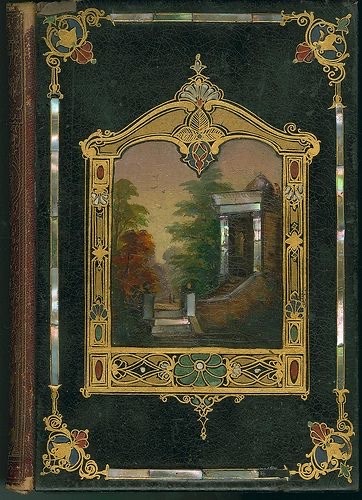
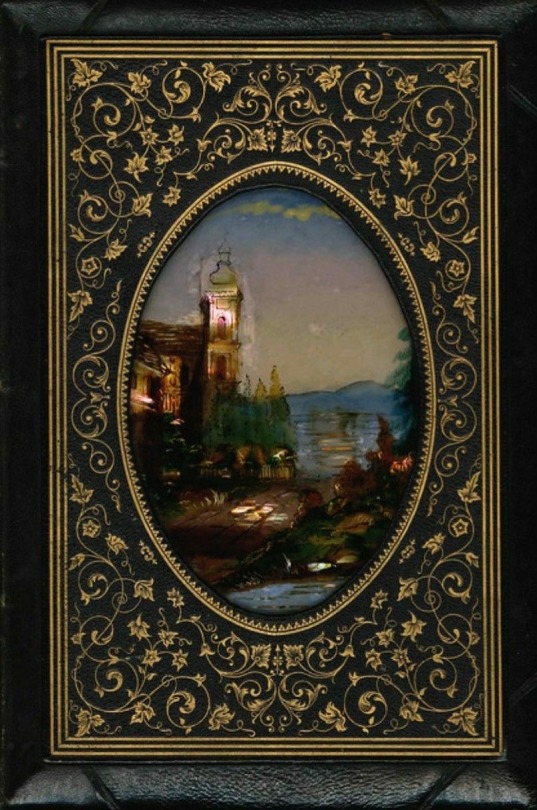
elaborate book covers
#books#bookworm#reading#bookish#currently reading#bibliophile#bookblog#dark academia#light academia#dark academia aesthetic#aesthetics
50K notes
·
View notes
Text
I've walked past the Barbie branded selfie booth, sat through the reel of old commercials that precede the previews, and watched Margot Robbie learn to cry, and I’m still not sure what “doing the thing and subverting the thing,” which Greta Gerwig claimed as the achievement of Barbie in a recent New York Times Magazine profile, could possibly mean. This was the second Gerwig profile the magazine has run. I wrote the first one, in 2017, which in hindsight appears like a warning shot in a publicity campaign that has cemented Gerwig’s reputation as so charming and pure of heart that any choice (we used to call them compromises) she makes is justified, a priori, by her innocence. This is a strange position for an adult to occupy, especially when the two-hour piece of branded content she is currently promoting hinges on a character who discovers that her own innocence is the false product of a fallen world. But—spoiler alert!—the point of Barbie’s “hero’s journey” is less to reconcile Barbie to death than to reconcile the viewer to culture in the age of IP.
“Doing the thing and subverting the thing”: I haven’t finished working out the details, but I think the rough translation would be Getting rich and not feeling feel bad about it. (Or, for the viewer: Having a good time and not feeling bad about it.) One must labor under a rather reduced sense of the word “subvert” to be impressed with poking loving fun at product misfires such as Midge (the pregnant Barbie), Tanner (the dog who poops), and the Ken with the earring, especially given that the value of all these collectors’ items has, presumably, not decreased since the film opened. Barbie may feature a sassy tween sternly informing Robbie’s Stereotypical Barbie that the tiny-waisted top-heavy billion-dollar business she represents has made girls “feel bad” about themselves, but if anyone uttered the word “anorexia,” I missed it. (There was a reason Todd Haynes told the story of Karen Carpenter’s life and death with Barbies, and it wasn’t because an uncanny piece of molded plastic has the magical power to resolve the contradictions of girlhood and global capitalism.) There’s a bit about Robbie going back into a box in the Mattel boardroom, but Barbies aren’t made in an executive suite; they come from factories in China. On the one hand, it’s weird for a film about a real-world commodity to unfold wholly in the realm of ideas and feelings, but then again, that’s pretty much the definition of branding. Mattel doesn’t care if we buy Barbie dolls—they’re happy to put the word “Barbie” on sunglasses and T-shirts, or license clips from the movie for an ad for Google. OK, here’s my review: When Gerwig first visited Mattel HQ in October 2019, the company’s stock was trading at less than twelve dollars a share. Today the price is $21.40.
Christine Smallwood, Who Was Barbie?
8K notes
·
View notes
Text
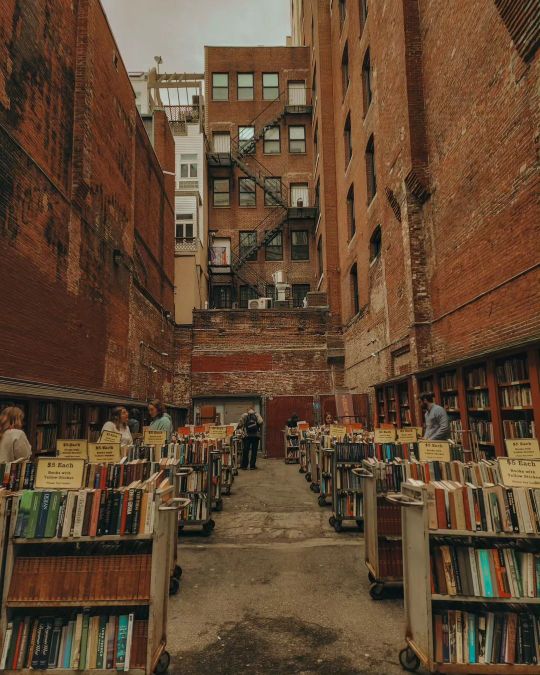
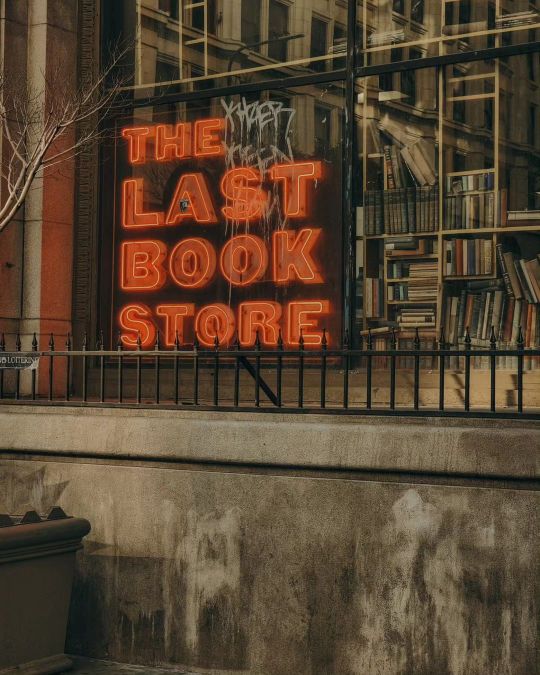
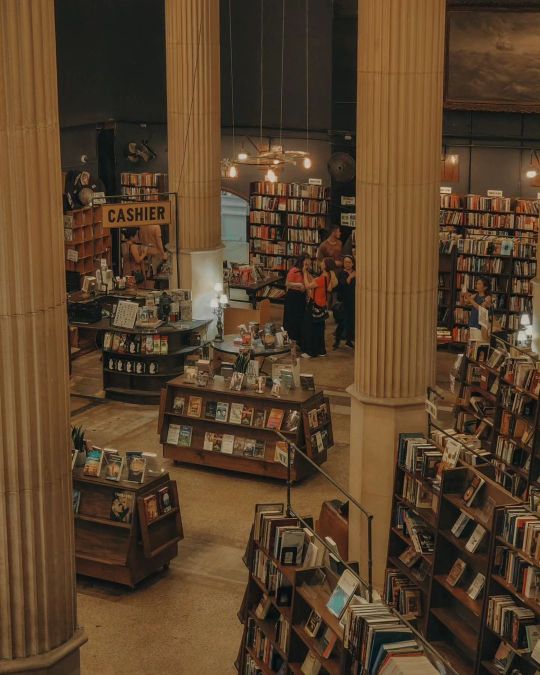


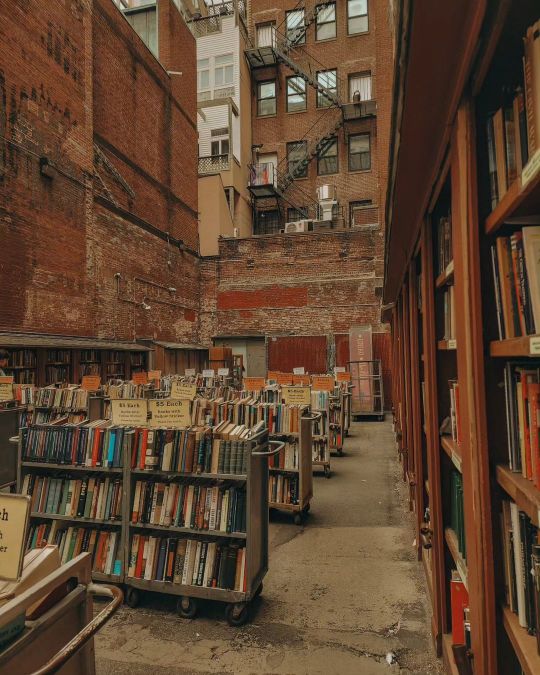
#alıntı#reading#booklover#books#culture#home lifestyle#books and libraries#books libraries#litarature#photography#writing#currently reading#ctiy#travel#landscape#vintage#history#aesthetic#i love you#architecture#trees#view#scenery#bookworm#romance quotes#edebiyat#studyblr#studyspo#tumblarians#spilled thoughts
5K notes
·
View notes
Text
Whatever our souls are made out of, his and mine are the same...If all else perished, and he remained, I should still continue to be; and if all else remained, and he were annihilated, the universe would turn to a mighty stranger.
WUTHERING HEIGHTS, Emily Brontë
#booklr#quotes#dark academia#books and reading#bookstagram#books#books & libraries#pillow thoughts#poetry#love quotes#dark romanticism#dark romance#romance books#romantic academia#emily bronte#wuthering heights#enemies to lovers#lovers#love#i love him#currently reading#reading#bookblr#books and libraries#bookish
21 notes
·
View notes
Text
When performance artists Marina Abramović and her partner, Ulay, decided to end their twelve-year relationship—as lovers and artistic collaborators—they marked its ending by walking the length of the Great Wall of China. “People put so much effort into starting a relationship and so little effort into ending one,” Abramović explained. On March 30, 1988, Abramović started walking from the eastern end of the Great Wall, the Gulf of Bohai on the Yellow Sea, and Ulay began walking from the western edge, in the Gobi Desert, and they each walked for ninety days, covering roughly 2,500 kilometers, until they met in the middle, where they shook hands to say goodbye. At a retrospective of Abramović’s work in Stockholm, two video screens showed scenes from The Lovers: The Great Wall Walk. One screen showed Abramović walking past camels on hard dirt covered with snow, while the other showed Ulay hiking with a walking stick over green hills. The tapes were running on a continuous loop, and it seemed beautiful to me that on those screens, years after their breakup, these two lovers still walked constantly toward each other.
Leslie Jamison, “The Breakup Museum: Archiving the Way We Were”
7K notes
·
View notes
Text
buying books & reading books..two different hobbies.
#books and reading#books & libraries#books#bookstagram#bookstores#reading#used books#currently reading#book recommendations#booklr#comic books#library#support your local library#public libraries#school libraries#libraries#librarians#bookblr#book quotes
5K notes
·
View notes
Text
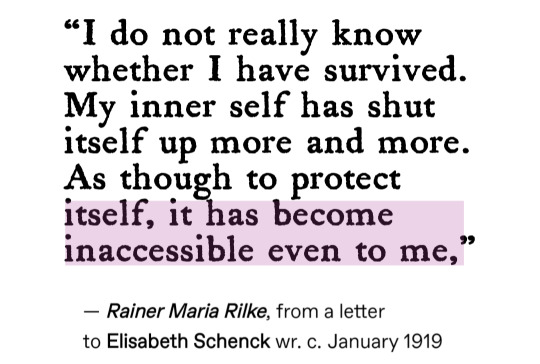
(via violentwavesofemotion)
#literature#lit#english literature#classic lit#academia#soft academia#dark academia aesthetic#chaotic academia#romantic academia#reading#to read list#poet#readblr#quotes#quote#booklr#quoteblr#litblr#currently reading#text#dark academia#spilled thoughts#dark aesthetic#spilled ink#spilled words#classic literature#poem#tbr#beautiful quote#inspiring quotes
21K notes
·
View notes
Text
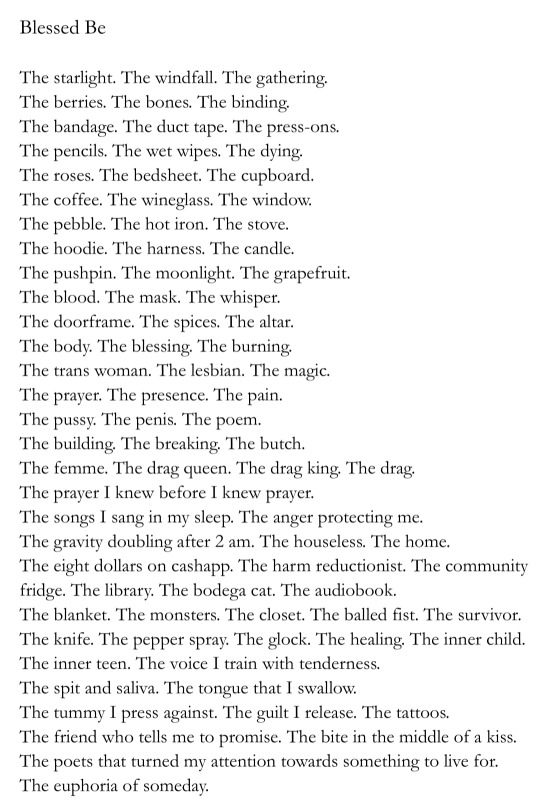
Blessed Be by Sol Rios, published in Ghost of my Ghosts
#was immensely honored to write the foreword for gomg!! probably my favorite poem from the entire collection#sol rios#ghost of my ghosts#currently reading#queer poetry#trans poetry#silas denver melvin#contemporary poetry#modern poetry
3K notes
·
View notes